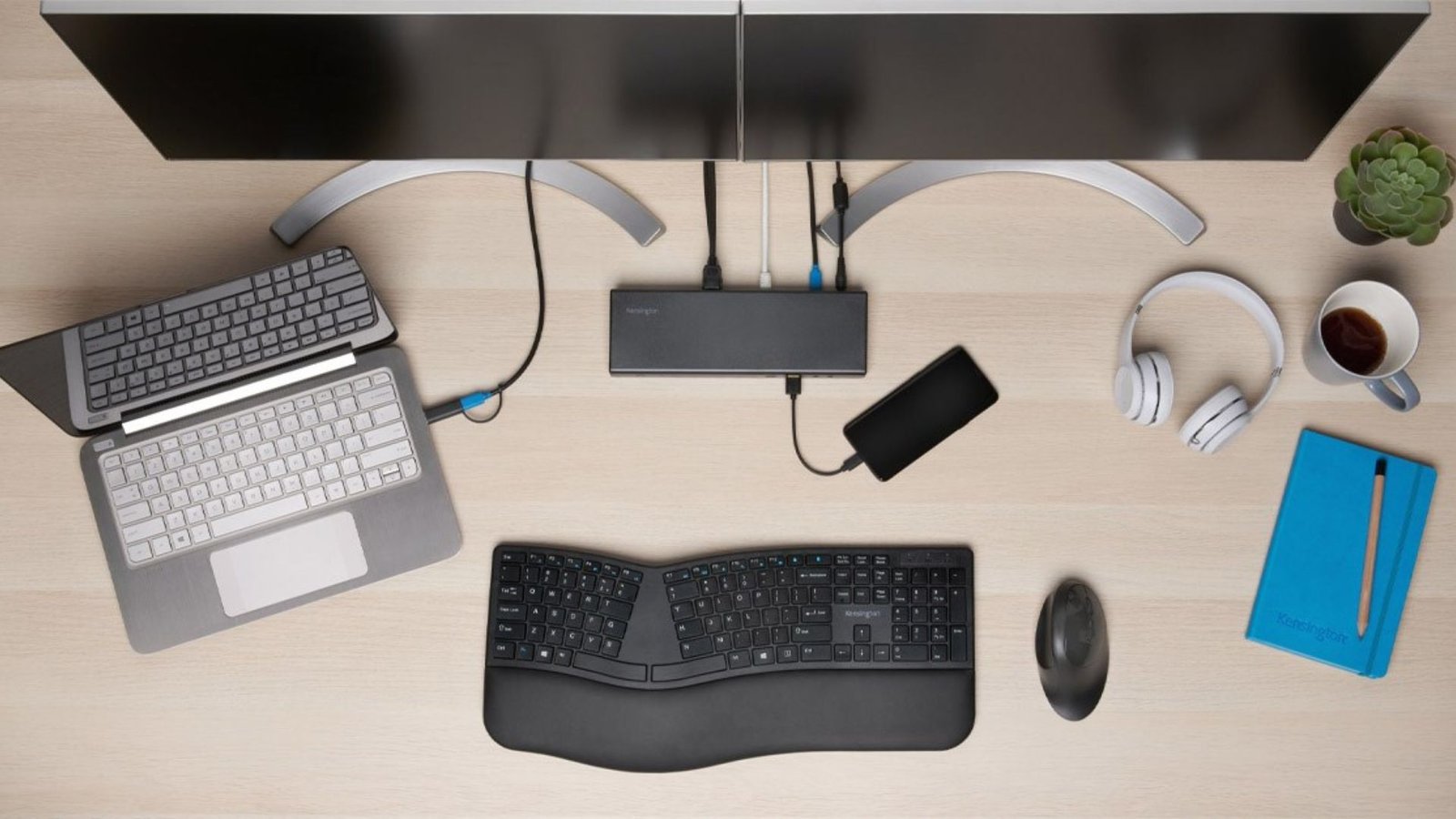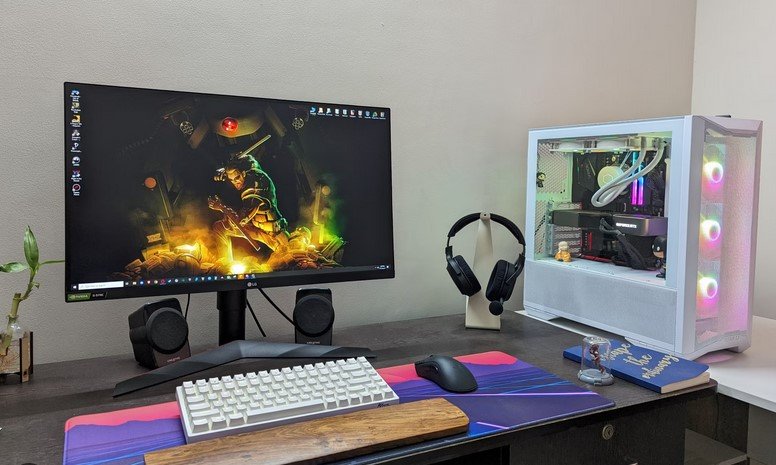Efficient computer organization is crucial for maintaining a clutter-free workspace and boosting your productivity. Whether you use your computer for work, school, or personal projects, keeping your files, folders, and desktop tidy makes finding what you need quick and easy. In this article, we’ll share practical tips for organizing your computer, ensuring it stays efficient and well-organized.
Start with a Clean Desktop
One of the first steps in efficient computer organization is to keep your desktop clean. A cluttered desktop can slow down your computer and make it harder to find the files you need. Start by removing any unnecessary shortcuts, files, or documents from your desktop. Create specific folders for different categories like work, personal, and projects. This way, you’ll always know where everything is.
A clean and organized desktop is not only visually pleasing but also helps your computer run faster and reduces distractions.

Organize Files into Folders
A major part of efficient computer organization is creating a well-structured folder system. Avoid dumping all your files in one place. Instead, create main folders based on categories like “Work,” “Photos,” “Personal,” and “Downloads.” Within these folders, you can create subfolders to organize documents further. For example, under “Work,” you might have subfolders for “Projects,” “Reports,” and “Invoices.”
By maintaining a clear and logical folder structure, you’ll easily locate files without wasting time searching through countless documents.
Use Meaningful File Names
Another key tip for efficient computer organization is to give your files meaningful and descriptive names. Instead of using vague titles like “Document1” or “Image2,” name your files in a way that reflects their content. For example, if you’re saving a project proposal, label it as “Project_Proposal_2024.” This will make it easier to find files at a glance, especially if you need to search for them later.
Descriptive file names can save you a lot of time and frustration when trying to locate specific documents.
Regularly Clean Out Your Downloads Folder
Your downloads folder can quickly become a dumping ground for random files, documents, and images. To maintain efficient computer organization, make it a habit to regularly clean out your downloads folder. Move files you want to keep to their appropriate folders and delete the rest. A cluttered downloads folder not only takes up space but can also make your computer run slower over time.
Clearing your downloads folder is an easy way to keep your computer organized and functioning efficiently.
Declutter and Archive Old Files
Over time, you may accumulate files that are no longer relevant. To maintain efficient computer organization, it’s essential to declutter and archive old files. For files you no longer use but want to keep, consider moving them to an external hard drive or cloud storage. This will free up space on your computer and make it easier to focus on current projects.
Archiving older files is a great way to maintain a clean and well-organized computer without losing important data.
Utilize Cloud Storage
Cloud storage is a fantastic tool for efficient computer organization. Services like Google Drive, Dropbox, or OneDrive allow you to store files securely online, which not only saves space on your computer but also lets you access your files from any device. Additionally, cloud storage makes it easier to share documents with colleagues, friends, or family without the need for USB drives or email attachments.
Using cloud storage is a convenient and modern way to keep your files organized and backed up.
Uninstall Unused Programs
Having too many unused programs installed can slow down your computer and make it more difficult to manage. To maintain efficient computer organization, uninstall any programs or apps you no longer use. You can do this by going into your computer’s control panel (for Windows users) or the applications folder (for Mac users). Removing unnecessary programs not only clears up storage space but also ensures your computer runs more smoothly.
By uninstalling unused software, you’ll improve your computer’s overall performance and maintain a cleaner workspace.
Back Up Your Files Regularly
Part of efficient computer organization is ensuring that your files are safe. Backing up your important documents, photos, and data is essential. You can do this using an external hard drive or by setting up automatic backups through cloud storage. Regular backups ensure that if something goes wrong—like a computer crash or accidental deletion—you won’t lose your important files.
Backing up your files provides peace of mind and is a critical step in maintaining a well-organized digital life.
Conclusion
In conclusion, efficient computer organization requires regular maintenance and attention to detail. By keeping your desktop clean, organizing files into folders, using meaningful names, and decluttering regularly, you’ll ensure that your computer runs smoothly. Add to that the use of cloud storage, regular backups, and uninstalling unused programs, and you’re set up for success. Remember, staying organized isn’t a one-time effort but an ongoing process that will make your digital life much easier.










